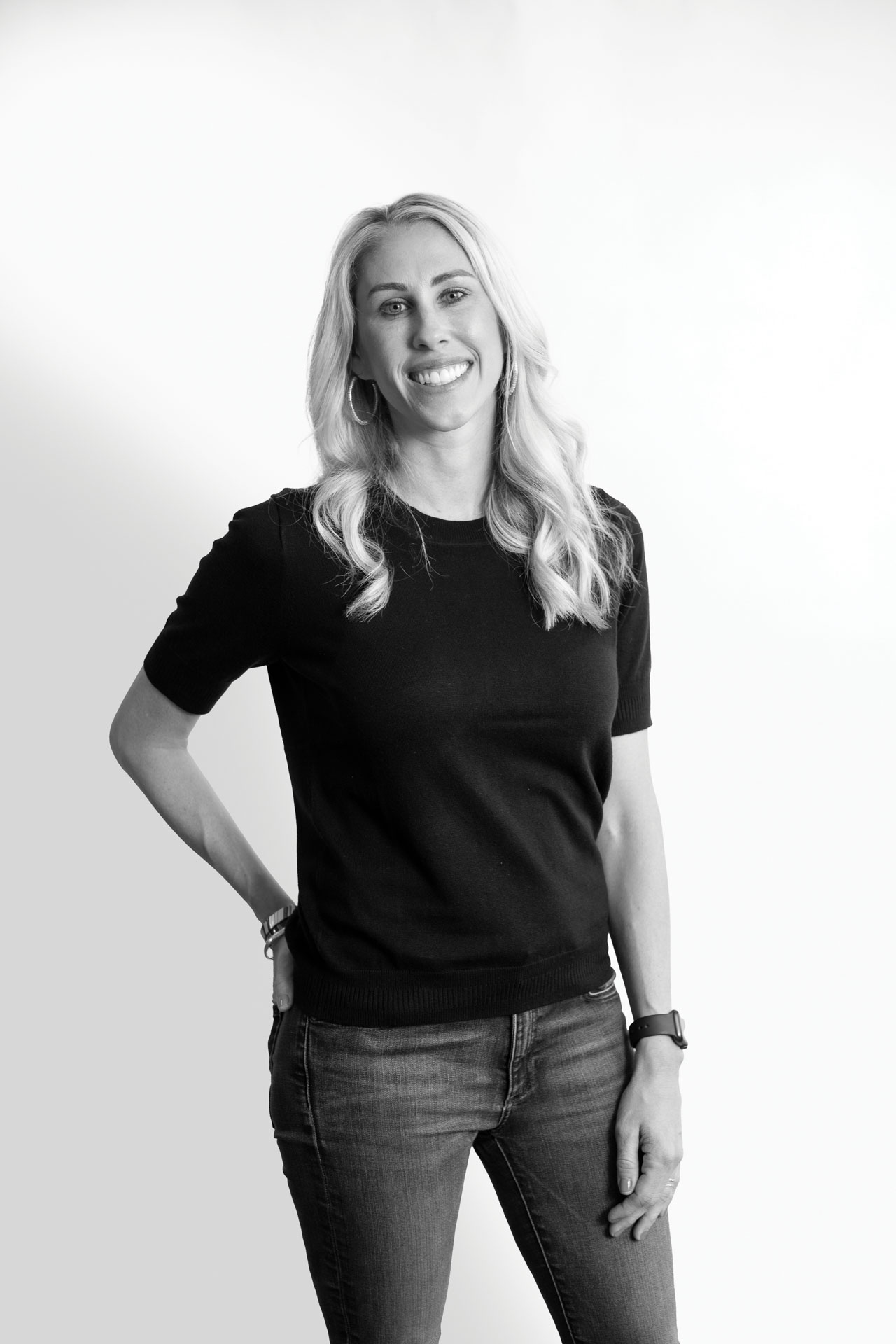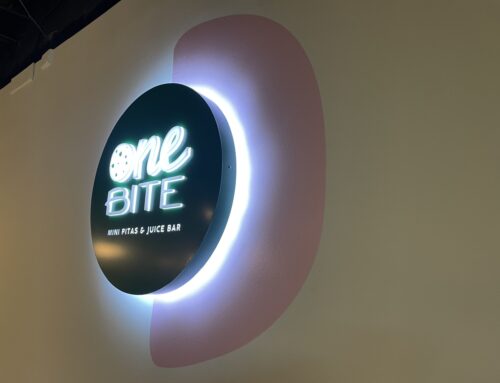Photography by Jessica Turner.
Tara Cavazos’ family health clinic resembles Cheers, that neighborhood bar from ’80s television. Check in with a cough or rash, and you’ll get a hearty reception at the clinic where everybody knows your name.
Cavazos’ training began long before she earned her degree in nursing from Baylor. As kids, she and her three siblings would help fold the sterilized towels in her father’s orthopedic surgery center in Oklahoma. On Saturdays, he’d bring them into the clinic and put casts on for fun. It was good practice for later years, when they played sports and broke an occasional arm or foot.
When Cavazos was young, she wanted to become a sports medicine doctor, but she also wanted to be a mom. Her parents later divorced, and she saw how difficult it was for her dad to balance work and home responsibilities.
“I went to nursing school,” she says, “but I realized there wasn’t a lot of autonomy in making decisions for the patient. As a nurse you’re with the patient a lot, but you’re carrying out (someone else’s) orders.”
Cavazos worked in a pediatric ICU while studying to become a nurse practitioner then served in West Dallas, treating mostly uninsured patients who spoke limited English.
“I got to see a different side of health care,” says Cavazos. “It was a great opportunity to understand the costs and how to creatively take care of a person who doesn’t have much money.”
She later went to work for Catapult Health, which specializes in corporate wellness and employee health. She saw the efficiencies of preventing illness instead of treating it, then moved into management, leading 100 nurse practitioners.
“That exposed me to the business side. We talked about budgets, reimbursement and claim processing, and I worked with leaders in disease prevention and health promotion. It prompted me to get my doctorate.”
Cavazos was balancing her job at Catapult, her doctoral program and her third baby on the way when a friend proposed starting a family practice. Husband, Peter, a graduate of Lake Highlands High School, encouraged the idea. Lakewood Family Health opened in 2016.
“We aren’t trying to compete with big box medicine, but we felt they were treating people like a number. When we schedule patients, we block out 30 minutes so there’s time for us to be in the room and not just talk about what they’re coming in for – a rash or cold – but what they’ve done this summer and how is the family. It helps us take care of our patients better.
“We want this to be a Disneyland experience. From the time you walk in the door, every interaction you have with our nurses, our providers, our checkout, you feel valued, you feel taken care of. It should be a place you want to bring your family,” she says.
Lakewood Family Health does a little of everything – cough, cold, runny nose, physical and wellness screenings and chronic disease management. It also has an aesthetic side, doing Botox, fillers, laser hair removal and microneedling.
When the pandemic erupted, Cavazos’ crew adapted quickly. The back parking lot was converted to a drive-up COVID testing center. Telehealth visits became common for simple evaluations.
About 15% of Lakewood Family Health patients choose self-pay instead of Medicare or commercial insurance, and the clinic makes that easy by negotiating reduced lab fees and listing those charges up front. They know budget-conscious patients sometimes skip labs, causing providers to miss issues like diabetes or kidney failure.
“There are so many hidden costs in health care. It’s important to get patient buy-in. I can tell a patient what to do, but if we’re not on the same page – if they can’t afford the test or the medication – we’re not going to get a good outcome. We have to work as a team.”
On social media, Cavazos is often asked about bug bites, sports injuries and allergic reactions. She enjoys helping friends and neighbors but admits she struggles to find those boundaries.
“A lot of our patients are busy working moms like us. People send me pictures, ‘How serious is this rash? Does this cut need stitches? Should we get an x-ray?’ When things happen there’s a lot of fear. People don’t know what to do. I help patients come up with a plan.”






